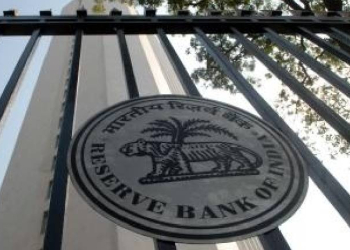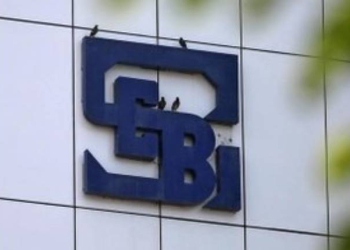New Delhi: The FY24 Union Budget is likely to be a tightrope walk, considering its fiscal guidance and the 2024 Lok Sabha elections, Phillip Capital said in a report.
“We estimate fiscal deficit for FY24 at 5.8-6.0% and FY23 at 6.2%. Muted nominal GDP growth (due to global slowdown and low deflator) will constrain tax revenue and government spending, compared to the strong pace in the last couple of years”, the report said.
Thus, the government’s innovation will be tested – to deliver an effective budget, encompassing capex, rural, social, policy incentives, subsidies, and tax/growth buoyancy. In case the government adopts an easy approach to the fiscal path, across-the-board expansion can be expected and delivered.
In the upcoming budget, we anticipate continued focus on PLI incentives (for new sectors), Atmanirbhar Bharat (to enhance manufacturing, exports, while managing imports), sustainability (supply/demand push towards renewable energy and alternative technologies), and infrastructure expansion (defence, railways, ports, logistics, and roads).
The government wants to encourage the adoption of the new income-tax regime, thus incentivisation is likely, the report said.
Fiscal support to rural India will continue (adjusting for food and fertiliser subsidy); we will be watching for any meaningful stimulus (low probability considering fiscal constraints).
“We are expecting decent capital expenditure outlay with cyclicals to outshine. Higher allocation is expected for Defence Capital outlay, Roads, Metro projects, Housing and Railways. PLI extension in the Automobile sector (incentivising innovation and growth), Robotics (for make in India), Metals (new steel grades), IT hardware, Footwear etc. Transportation/Logistics might attract focus by increasing the modal share of Railways (for cargo movement), growth in warehousing capacity, and support for domestic manufacturing of containers. In Autos, we might see extension of FAME subsidiary, and incentives for charging infra and flex-fuel vehicles. With India’s net zero target by 2070, Renewables (Green Hydrogen/Ammonia/Solar/Wind/Biofuels) technologies will be on the radar”, the report said.
Total expenditure for FY23 clocked 62% of BE by November end with 18% higher spend than the corresponding period of previous years. Ministries that drove the spending were fertilizer (142% of BE) due to higher subsidy outgo, followed by railways (101%), roads (79%), atomic energy (72%), rural development (69%), PDS (68%), home affairs (65%) and defence (64%). Decent spend was noted among education (56%), agriculture (51%) and health (50%) while spending was weak in petroleum (26%), water resources (32%), housing (44%) and power (48%).
(IANS)














